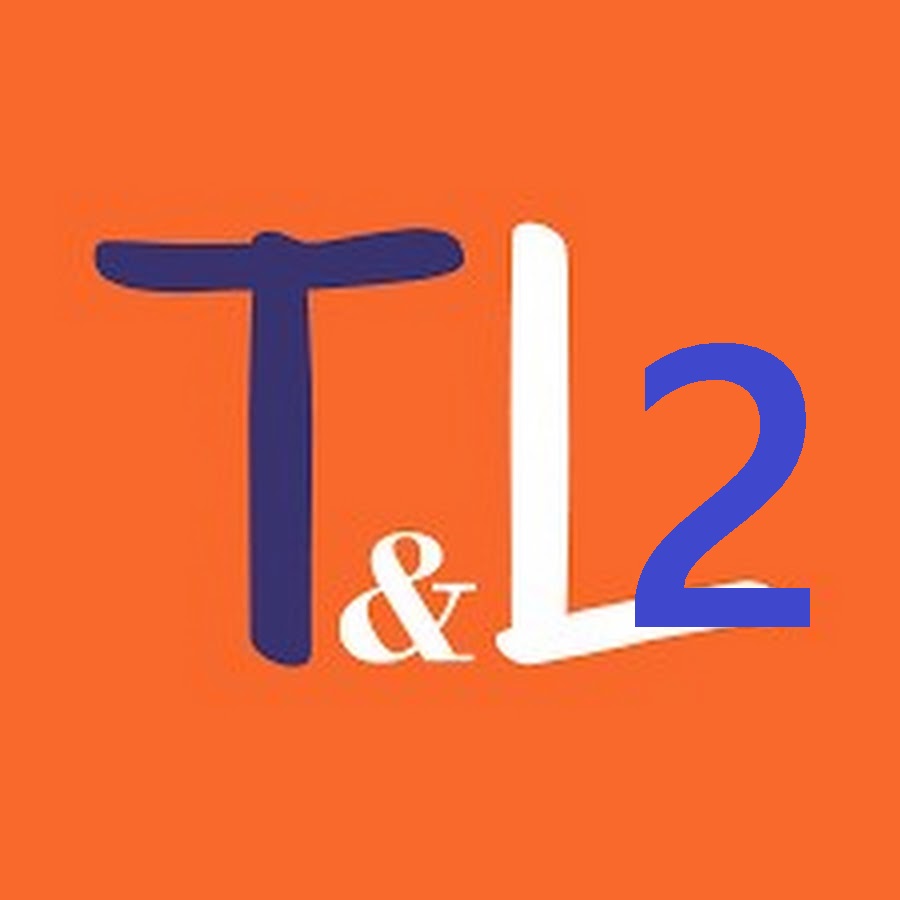Do you want to develop your brain capabilities?? Stop doing these seven things immediately
To achieve this, you must first free the mind. These are not just words, but a call to action in an age where information flows at the speed of light and technologies are intertwined with our daily lives. Enhancing mental capabilities becomes a necessity, not just a luxury. Read on with us to discover 7 common mistakes that steal our mental power without us realizing it. How do we overcome them to raise our level of productivity and creativity?
Start the day slowly
The morning is the main stage for achieving major achievements, and the difference lies in how the day begins. The process begins with waking up energetically, rather than succumbing to slowness and chaos. Instead of scrolling through the phone and getting distracted by messages and news, attention should be directed towards the priorities of the day. For example: If writing an essay is the primary task, you should focus on that immediately after waking up. This habit enhances creativity and strengthens concentration. The morning routine should also include arranging the work environment in preparation for moving on to the most important task quickly and effectively. This pattern stimulates productivity and enables the mind to achieve great successes in a short period of time, which leads to better utilization of the mind's capabilities since the morning.
Excessive consumption of information
In a world full of information, many people tend to consume huge amounts of information, often of low quality and focused more on entertainment than education. This type of consumption leads to setting low standards of thinking and restricting one's personal vision of the world, which negatively affects the capabilities of the mind. Just as a health-conscious person chooses healthy foods, it is important to choose high-quality information to nourish the mind. Based on the Pareto Principle (80-20), you should focus on the 20% of information that provides the most value. By improving the quality of information consumed and reducing the quantity, the mind can be strengthened and personal vision expanded.
Multiple priorities
Focusing on more than three priorities leads to preoccupation with superficial tasks and prevents deep focus. Frequent switching between tasks reduces efficiency and distracts attention. What's best is to delve into one task for long periods of time, for example: focusing on filming videos all day for a YouTube channel. Applying Jim Collins' rule of not overprioritizing helps achieve better results and develop efficiency at work.
Not having a vision or following a limited vision
Bill Copeland: “Without clear goals, you will find yourself moving without making any real progress.”
There is a difference between simple, limited goals (2x vision) and ambitious, transformational goals (10x vision). Vision 2x focuses on achieving short-term goals without fundamental change, while Vision 10x pushes a person to set big goals and achieve radical changes in thinking and behavior. Moving from comfort and habit to challenge and innovation forces the brain to develop new connections and supports significant personal and professional growth. Deliberate practice reinforces this approach by focusing on continuous, goal-directed improvement.
Neglecting breaks and relaxation
Dr. Karen Vanback stresses the importance of rest for physical and mental health, a principle adopted by people with outstanding performance in various fields. They realize that success in complex work requires periods of rest and separation to ensure the best performance and enhance mental capabilities. Recreational and enjoyable activities during rest periods contribute to improving the learning process and enhance performance during work. Many people fail to train their brains to fully engage or fully relax, which leads to decreased concentration at work and a lack of adequate rest.
Achieving effective rest, such as avoiding smartphones at night, enhances concentration and sleep quality. Engaging in hobbies outside of work also contributes to achieving a better balance and increasing feelings of happiness.
Not making time to think
Richard Carlson believes that careful and consistent thinking is a powerful tool for success, but it is often neglected. By reflecting periodically – whether weekly or monthly – we can better evaluate progress and achievements. According to Pearson's Law, the things we measure and report tend to improve significantly. Reflection provides an opportunity to review past experiences and turn difficult memories into valuable lessons. This method, which David Goggins follows through his after-action reports, helps reframe past experiences as opportunities for learning and growth.
Lack of physical activity
Highlights: John J. Ratey and Eric Hagerman in their work on the importance of exercise in improving brain function. Aerobic exercise (cardio) and weightlifting benefit both the mind and body. Doing exercise before mental activities stimulates brain activity and increases the secretion of endorphins, which enhances mental performance and creativity. Getting into the best possible physical condition includes things like seeking professional advice, improving your diet, and avoiding unhealthy foods. Arnold Schwarzenegger stresses the importance of setting clear goals to get the maximum benefit from intense physical training. Ultimately, maintaining a high level of physical fitness contributes greatly to improving focus and mental productivity.

